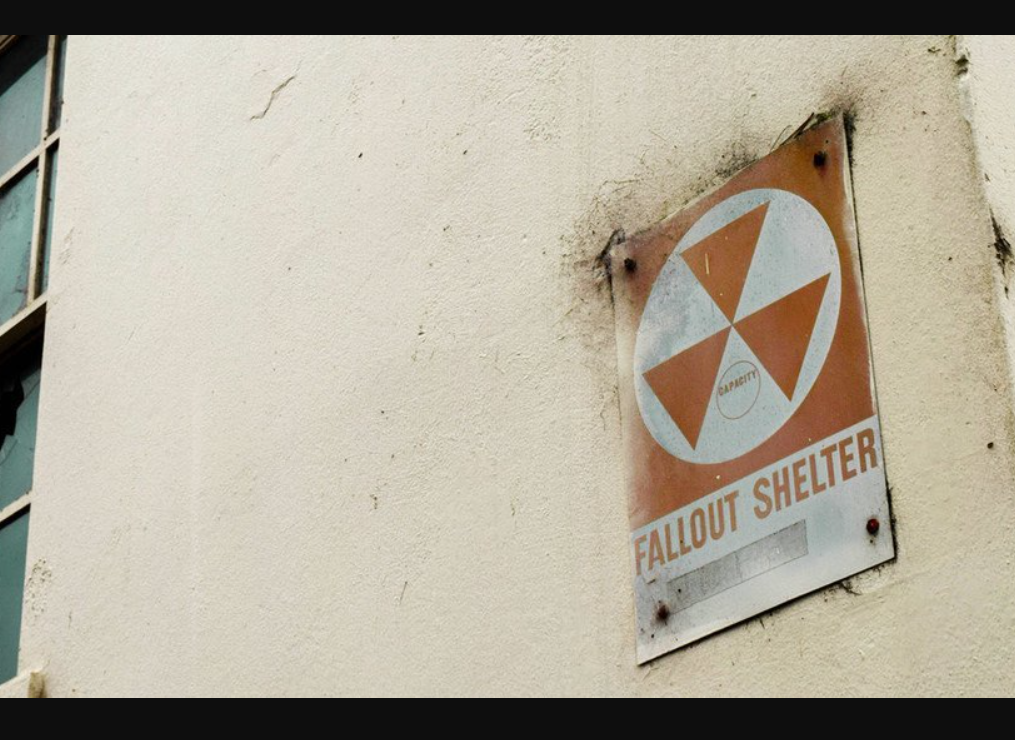Zhang Tuosheng, Academic Committee Member at Institute for Global Cooperation and Understanding, Peking University
Jan 22, 2024
It is essential that China and the United States avoid a nuclear arms race. The recent stabilization of relations is a prerequisite for bilateral nuclear dialogue. Such a dialogue, in turn, will help maintain not only strategic stability but also healthy overall ties.
Peter Bittner, Lecturer, University of California, Berkeley
Aug 18, 2023
As artificial intelligence (AI) becomes more sophisticated, its impact on international stability also increases. China and the U.S. should draw from historical arms treaties and adopt a cooperative approach to regulating AI to prevent conflict and promote global stability.

Li Yan, Deputy Director of Institute of American Studies, China Institutes of Contemporary International Relations
Jul 24, 2023
A recent IAEA report says that Japan’s plan to dump radioactive wastewater from the Fukushima nuclear power plant into the Pacific Ocean meets safety standards. Not everyone is so glib. In navigating the controversy, China can play a positive role.
Dan Steinbock, Founder, Difference Group
Jul 12, 2023
Even as the whistleblower Daniel Ellsberg of the Pentagon Papers passed away, his second secret remains hushed.
Richard Weitz, Senior Fellow, Hudson Institute
Jul 03, 2023
As China continues to rapidly increase its nuclear arsenal, the United States and its allies are exercising strategic response options. But ultimately, it’s imperative that China curb its nuclear buildup to avoid an unwinnable three-way arms race.
Jin Liangxiang, Senior Research Fellow, Shanghai Institute of Int'l Studies
Feb 01, 2023
The most likely scenario for a degree of success is that Iran stops short of building a weapon. This would pressure the U.S. while keeping strategic risks under control. But prospects for trouble are looming this year. All parties will have to work for the best while preparing for the worst.
Wang Fudong, Assistant Research Fellow, Institute of International Economics and Politics, Shandong Academy of Social Sciences
Nov 24, 2022
The United States and its allies are less interested in solving the problem than they are in containing China. But even if conflict is avoided, the intensification of a new cold war in Northeast Asia and the rising risk of nuclear proliferation do not bode well for the future.
Dan Steinbock, Founder, Difference Group
Nov 15, 2022
Not so long ago, Australia was known for its booming economy and balanced foreign policy. Today its economy is stagnating, while the U.S. Big Defense casts a dark shadow over its foreign policy - as evidenced by nuclear escalation.

Zhang Tuosheng, Academic Committee Member at Institute for Global Cooperation and Understanding, Peking University
Sep 14, 2022
Regional strategic stability depends upon sincere outreach to the DPRK by major powers. Think tanks from China, the U.S. and the ROK have already reached many useful common understandings. They should explore a road map for denuclearization and a peace mechanism and invited the DPRK to participate.
Joseph S. Nye, Professor, Harvard University
Sep 13, 2022
Russia’s invasion of Ukraine and nuclear saber rattling against the West have revived a debate about nuclear weapons. Last year, when a United Nations treaty to ban such weapons outright entered into force, none of the world’s nine nuclear-weapons states was among the 86 signatories. How can these states justify possessing weapons that put all of humanity at risk?